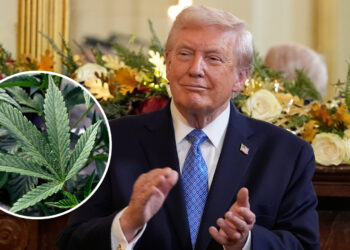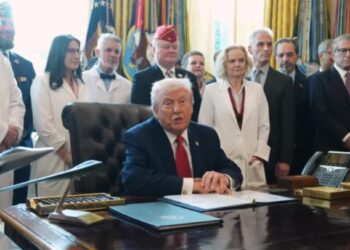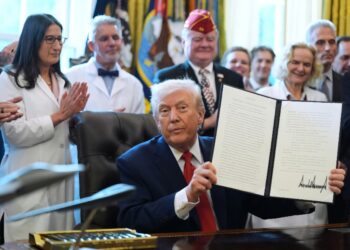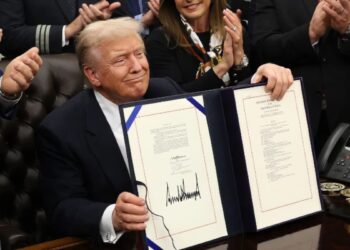
As the political will to enact federal legalization of medicinal or recreational marijuana continues to evade Senate and Congress, smaller jurisdictions across the country are putting their own regulation ordinance on the books. But this time, such proposed legislation is striking close to home for federal lawmakers; Washington D.C.’s Mayor Muriel E. Bowser introduced a bill on Thursday that would give the go-ahead to recreational cannabis sales in the nation’s capital.
“We want to be able to regulate, we want to be able to make sure we are collecting our fair share in taxes, we want to invest those taxes in ways that affect communities that have been disproportionately affected, and we want to train and hire D.C. residents,” Bowser told the Washington Post.
The mayor torpedoed the city council’s attempt to legalize dispensaries in 2016, when she cautioned that the moment was not right for such an expansion of access.
Bowser’s plan includes language aimed at correcting the War on Drugs’ devastating impact on D.C.’s communities. Criminal records of misdemeanor marijuana possession charges would be automatically sealed. The bill also presents a 60 percent quote of cannabis entrepreneurs and employees to be made up of city residents. The council has advanced similar legislation that prioritizes POC-run medical cannabis businesses in the past.
Making such allowances more urgent is the fact that current legal ambiguity has led to unfortunate punitive effects for the city’s residents. Distribution arrests have soared in post-legalization years — in 2012 they comprised four percent of arrests, but in 2017 they made up 43.5 percent, rising 83 percent over a single year between 2016 and 2017.
Currently, the city’s residents are allowed to grow and possess certain amounts of marijuana, but there is no legal place for them to purchase recreational weed. Washington D.C. is currently home to eight medical marijuana cultivation sites, though they are banned from providing product for recreational sale.
Even if Bowser’s plan passes, there will be major restrictions on where consumers will be allowed to go to buy their recreational weed. The legislation stipulates that dispensaries will be limited to certain areas of the city, and conspicuous signage would be banned. The bill would also make illegal any offer of exchanging marijuana for purchasing another product, a loophole that has been recently employed by the organizers of several pop-up events in the city — at least one of which was busted by cops, who arrested a startling 30 people.
There would also be no smoking in certain types of private businesses under the legislation, though it would give the go-ahead to lighting up at hookah lounges and on-site at dispensaries.
That’s largely so that tourists don’t start seeing an edibles purchase as an essential stop between the Lincoln Memorial and the Smithsonian. “We are not going to be a marijuana destination,” Bowser commented. “We will not be promoting it. We want D.C. residents to be able to have the choice to buy legally, and we also want to drive out the illegal market, which we know can promote violence in our communities.”












